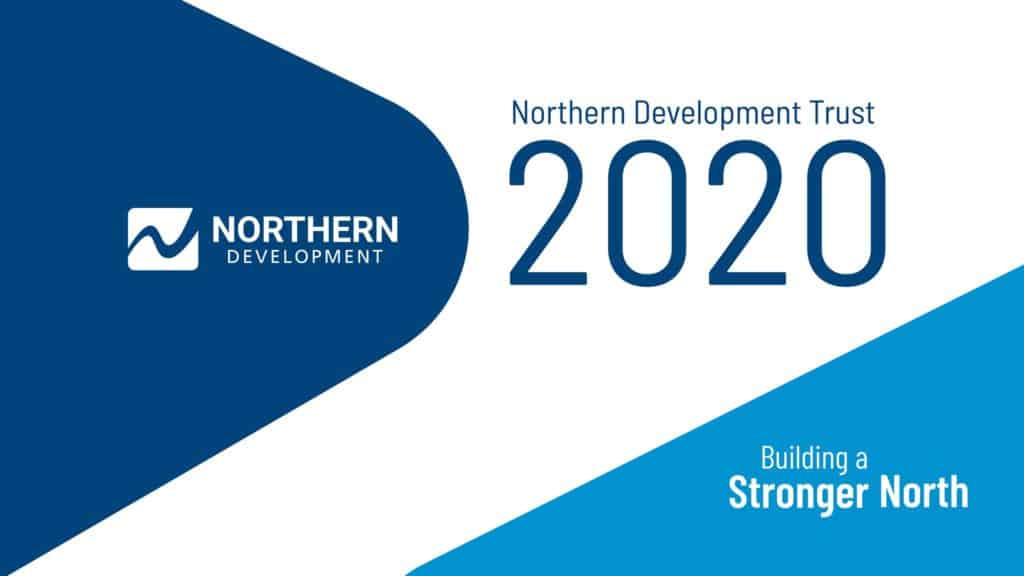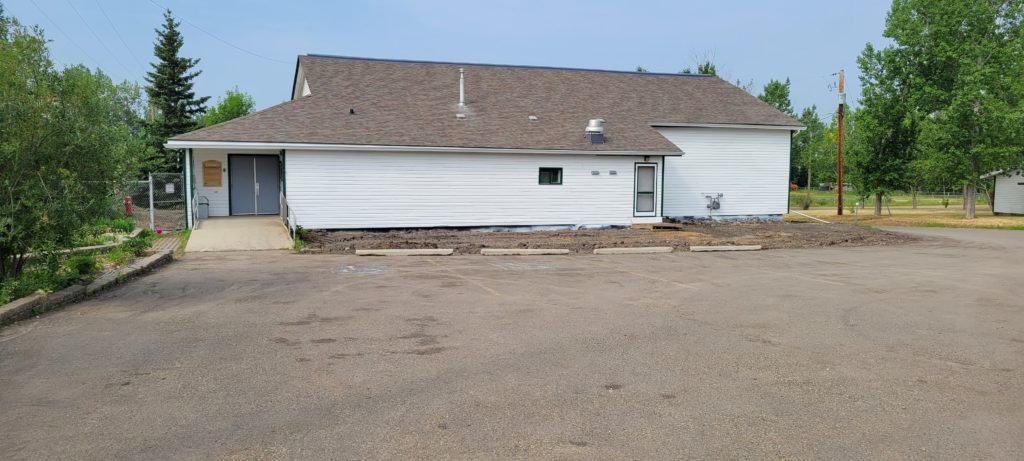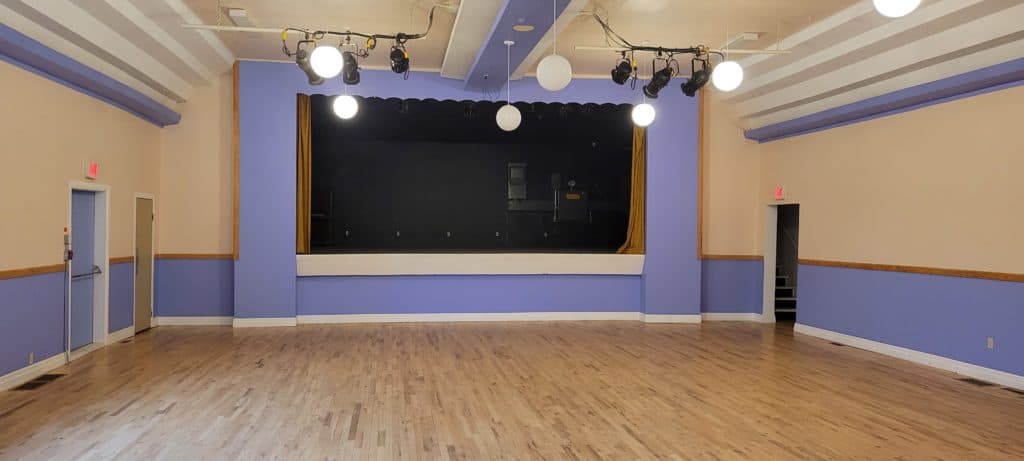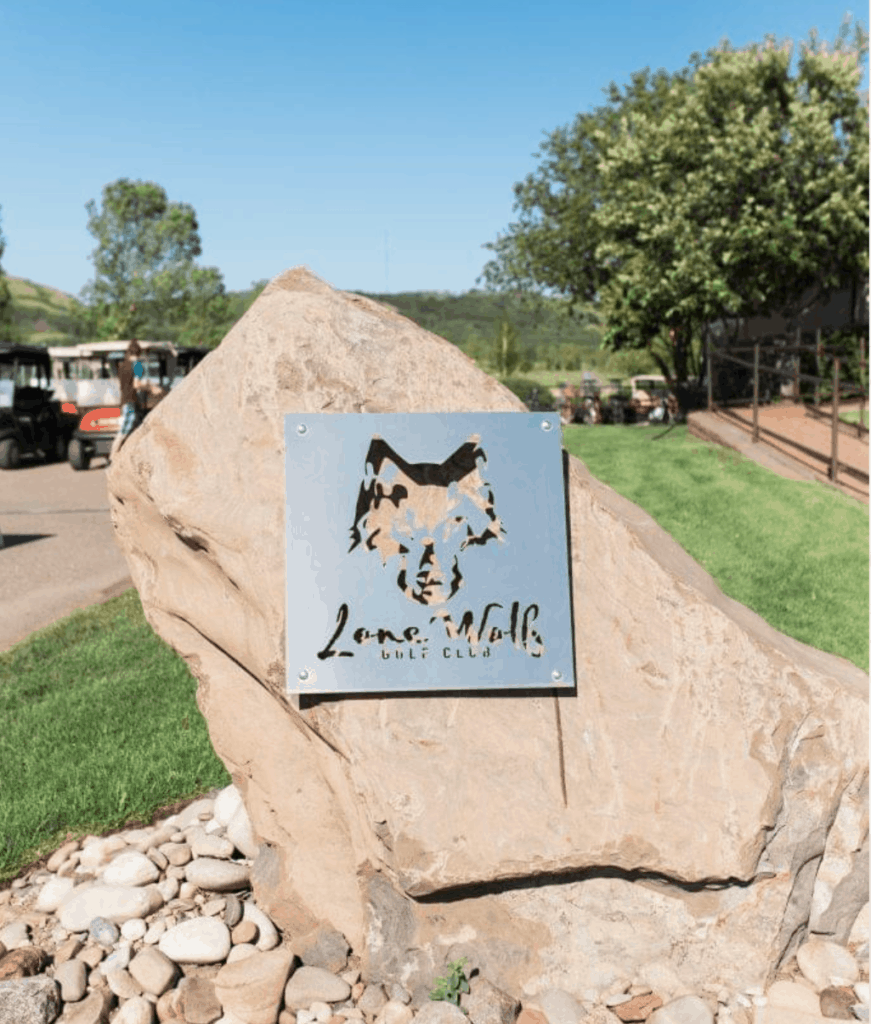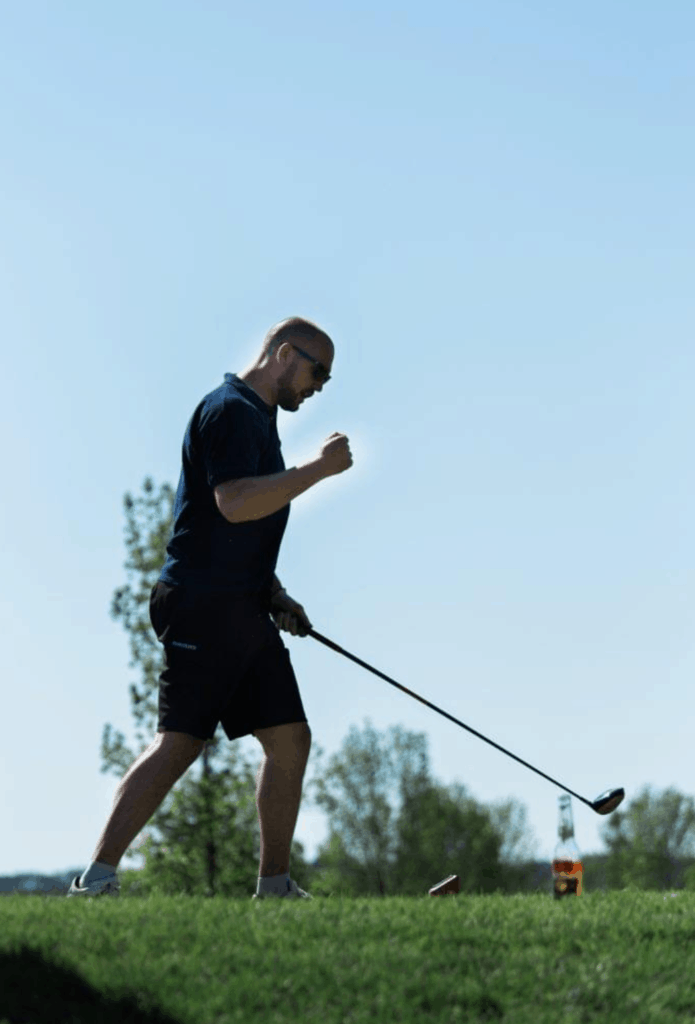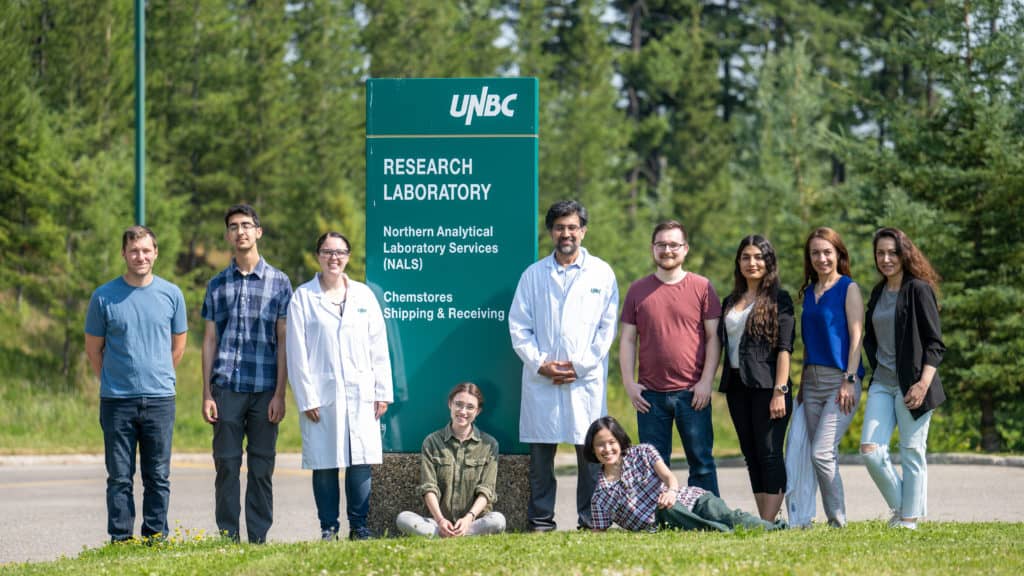
Photo: NALS
In July 2021, Northern Analytical Laboratory Services (NALS) was recommended for the coveted ISO 17025 accreditation from the Standards Council of Canada after successfully completing the lab audit process. This certification enables laboratories to demonstrate that they operate competently and generate valid results, promoting confidence in their work. Two months prior, NALS was accredited by the B.C. Provincial Health Officer as a Water Microbiology Testing Laboratory for E.coli and coliforms.
To expedite achieving this goal, NALS applied to Northern Development’s Competitiveness Consulting Rebate (CCR) in July 2019. In August they were approved for a $30,000 rebate which allowed them to hire a Quality Assurance Officer (QAO) to bring their operations in line with ISO 17025 standards and to complete the accreditation process.
“Without Northern Development, the ISO 17025 accreditation certainly would not have happened as quickly as it did,” said Dr. Hossein Kazemian, head, NALS. “Being an accredited analysis facility will lead to more lucrative contracts and partnerships with universities, government regulatory organizations and industry. Additional revenue will allow us to hire more researchers, analysts and students to develop exciting value-added projects and services that will benefit not only the UNBC community, but the local and global economy as well.”
As a quality-driven laboratory in the North, for the North, NALS realized the benefits and cost-saving that their accreditation can provide to existing and future clients.
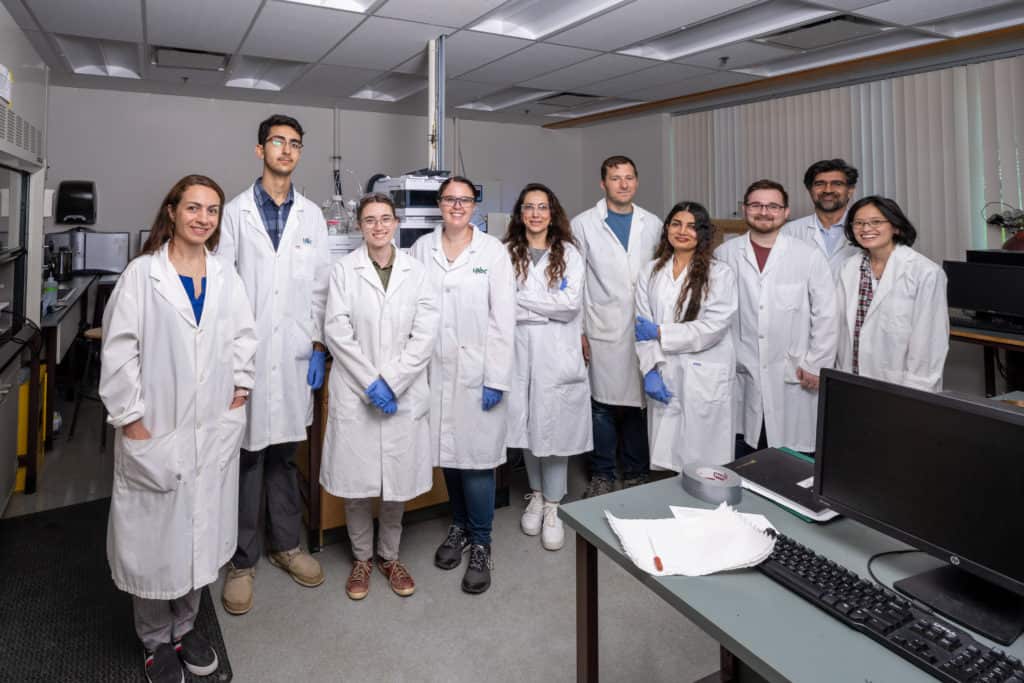
Photo: NALS
Prior to earning the ISO 17025 accreditation, much of Northern B.C.’s analytical testing needs that required an accredited lab would either go unserviced or be sent to southern B.C. or Alberta. Both of these options include challenges as omitting testing leaves clients uncertain about their operations or regulatory obligations. Shipping samples farther away forces clients to incur additional costs, wait longer for results and the delays could sacrifice sample integrity.
Support for this project was demonstrated through letters of support from Northern Health, the City of Prince George and Chu Cho Environmental. These organizations strongly voiced their support, indicating that the successful project will fill a substantive void in the accessibility of accredited laboratories in Northern B.C.
Beyond supporting governments, industry and other organizations, having an ISO 17025 accredited facility in Northern B.C. fulfills a recommendation in the 2008 Ombudsman report titled Fit to Drink: Challenges in Providing Safe Drinking Water in British Columbia. The report recommends increasing the number of approved laboratories in areas where water suppliers currently face unreasonable barriers to the cost-effective and timely transportation of water samples for bacteriological analysis.
NALS learned about CCR at an Industry Connect: Innovation and Challenges Showcase event that was held in Prince George in November 2018 by Innovate BC and Innovation Central Society. Learn more about the CCR program on Northern Development’s website.
